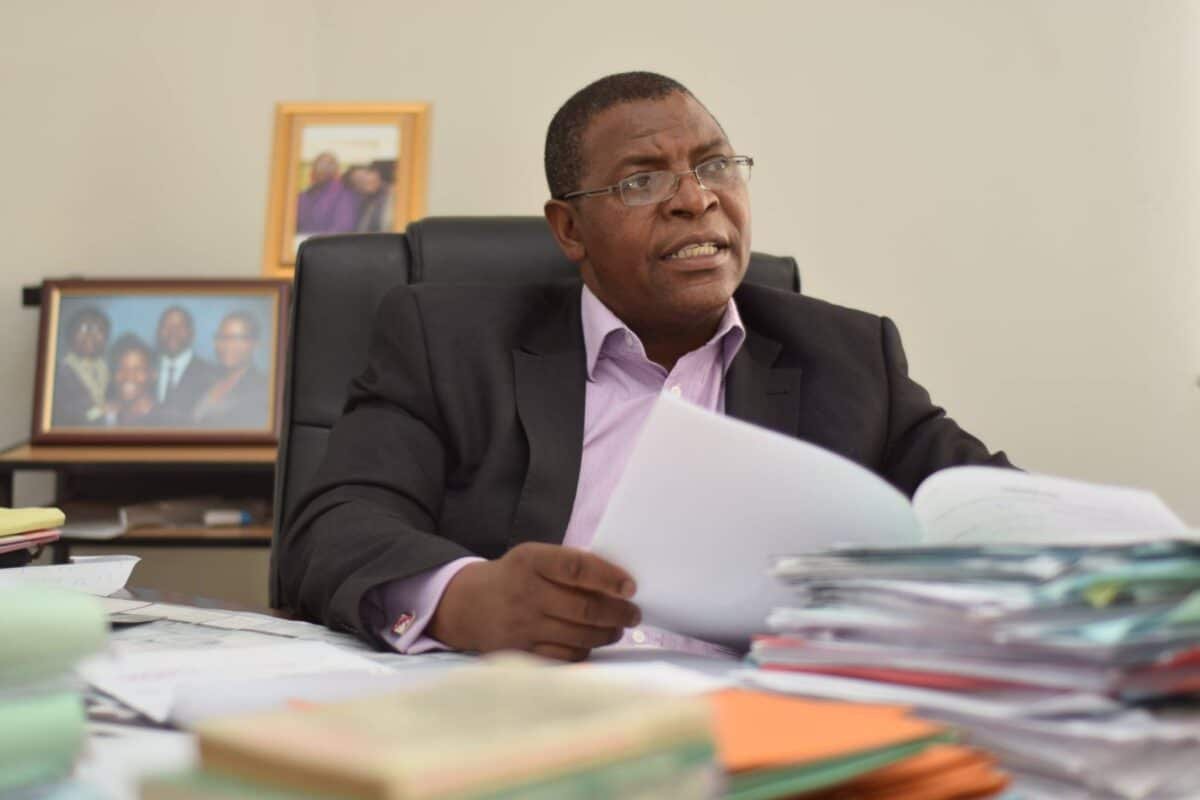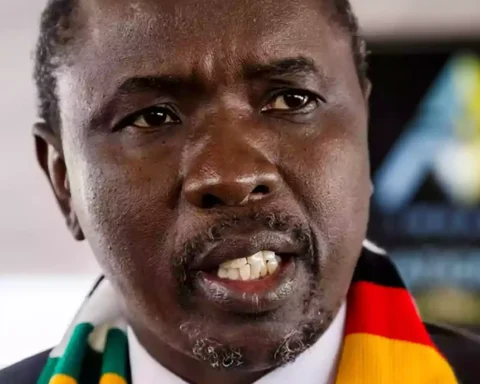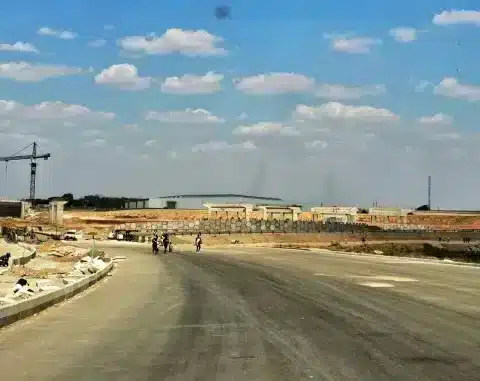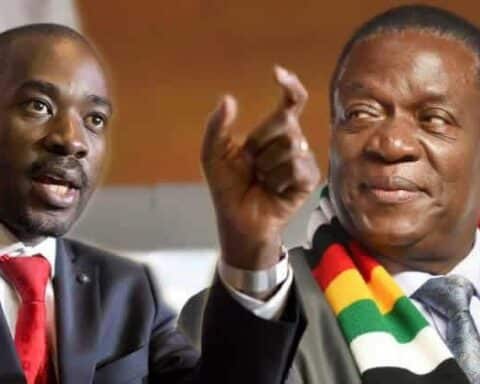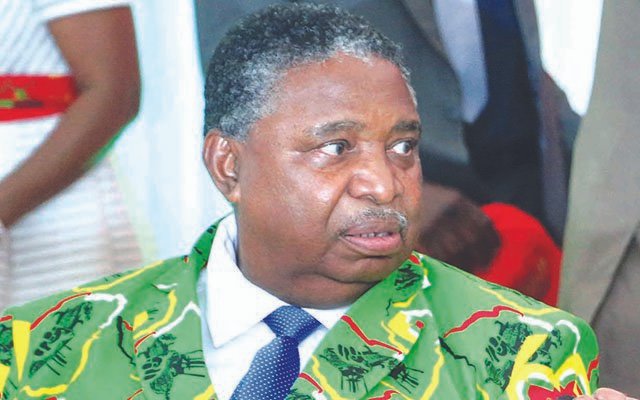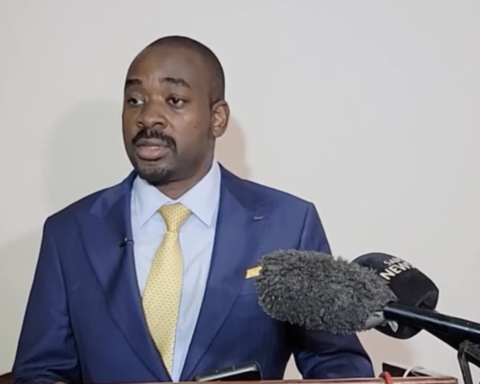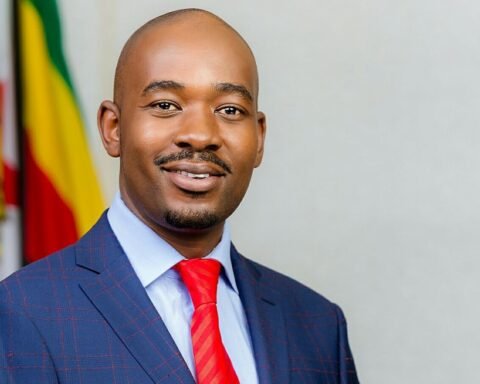In a political landscape fraught with tension, Professor Welshman Ncube, a notable figure in Zimbabwe’s opposition politics, has recently addressed the ongoing turmoil within the Citizens Coalition for Change (CCC). Ncube’s remarks come at a time when the party grapples with internal strife following a significant electoral defeat in August and subsequent contentious actions by Sengezo Tshabangu.
The CCC, which emerged from the remnants of the MDC Alliance, has been in disarray following the court-assisted recalls of its elected representatives initiated by Tshabangu, who declared himself the interim secretary-general. This move exploited the party’s lack of clearly defined roles, leading to the recall of over two dozen MPs, senators, and more than 60 councillors.
In response to these developments, the CCC has introduced the Citizens National Assembly (CNA) and released a truncated constitution. However, this has not quelled the unrest among party activists who are increasingly vocal in their demands for clarity and action from the party’s leadership.
Ncube, alongside Tendai Biti, another prominent party figure, has been noticeably absent from major political gatherings since the elections. This absence has fueled speculation and concern within the party ranks. In a recent confrontation with CCC supporter Chris Chidarikire, Ncube challenged the assumption of his involvement with the CNA, questioning his membership and role within the newly formed structure.
Reflecting on his position in the party, Ncube highlighted the lack of resolution from the National Council regarding the dissolution of the MDC Alliance’s leadership structure. He pointed out that as of January 2022, he was the vice president of the MDC Alliance, which was reconstituted as the CCC without a formal change in its leadership hierarchy.
Ncube’s critique extends to the actions of Thokozani Khupe and Douglas Mwonzora, who previously initiated recalls of MDC Alliance MPs and councillors. He recalled his assertive response to these moves, questioning the capacity in which he should now intervene.
The situation within the CCC underscores a broader issue of leadership concentration and structural collapse, for which party leader Nelson Chamisa has faced criticism. Critics argue that Chamisa’s approach has led to a fallout with foundational members of the opposition movement, including Biti and Ncube. Chamisa maintains that the CCC is a nascent party and will eventually elect its leadership, a stance that his detractors claim undermines his democratic credentials.
The leadership vacuum within the CCC, as critics point out, has paved the way for incidents like the Tshabangu debacle. Tshabangu, a former MDC-T Matabeleland North chairman, self-appointed as the CCC’s interim secretary general, has initiated controversial recalls of party members, claiming they ceased to be part of the party. The CCC is currently appealing these recalls, seeking to stabilize its internal dynamics.
As Zimbabwe’s political landscape continues to evolve, the CCC’s ability to resolve its internal conflicts and present a united front remains a pivotal factor in its quest to establish itself as a formidable opposition party.
